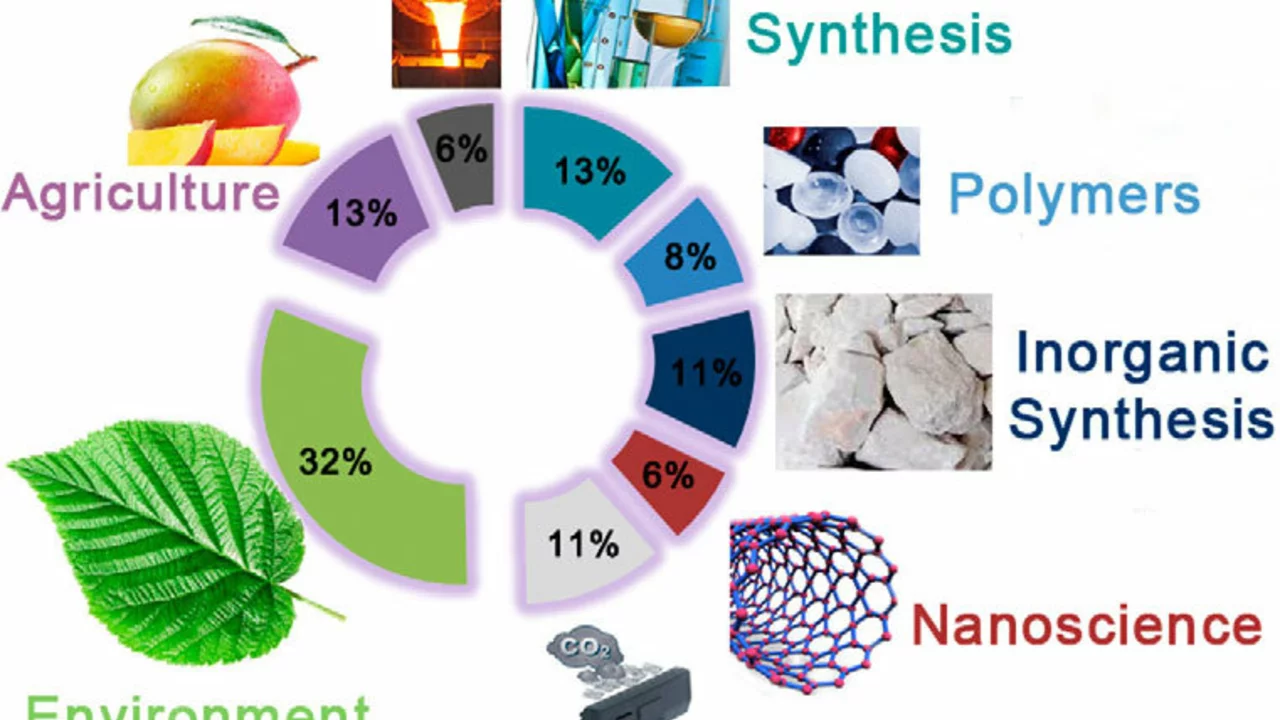Environmental Impact: What Your Pharmacy Choices Really Mean for the Planet
Ever wondered what happens to your meds after they're made, used, or tossed out? It’s not just about your health—the choices you make every time you buy or get rid of a medication can add up and shape the world we live in.
Here’s the thing: most medications are produced with a heavy dose of chemicals, energy, and water. That’s before they even leave the factory. Some drugs, especially antibiotics and hormones, don’t break down easily once they reach the environment. They end up in our soil and water, messing with wildlife and even coming back to us in the form of water pollution or changes in bacteria.
Ordering medicine online might sound harmless, but the process has its own footprint. Shipping means more packaging—think plastic pill bottles, bubble mailers, and cardboard boxes. These pile up in landfills and oceans. If you grab your prescriptions online, look for pharmacies that use minimal, recyclable packaging and clearly state their green policies. A few even let you return used bottles.
Disposing of unused or expired medicine the wrong way is a huge problem. Flushing pills down the toilet or throwing them in the trash releases active ingredients directly into water systems and landfills. The simple fix? Use take-back programs at local pharmacies or find community disposal days. Never flush meds unless a label says it's safe.
Are some meds less harmful to the environment? Yes. Plant-based or synthetic drugs with short life spans break down faster and are less likely to build up in the ecosystem. Asking your doctor about eco-friendly alternatives or dosages can make a real difference over time—not just for you, but for fish and wildlife too.
If you’re thinking about supplements, the same rules apply. Ingredients that are wild-harvested or sourced unsustainably can drive rare plants and animals closer to extinction. Stick with brands that disclose their sourcing, follow fair trade practices, and avoid over-hyped miracle cures with no real oversight.
Even little lifestyle choices matter. Try to take the exact dose your doctor prescribes so you don’t end up with leftovers. Store meds in a cool, dry place to keep them from going bad early. Reuse pill organizers instead of disposable ones, and recycle packaging when you can.
What about all those online reviews and guides you see on pharmacy sites? Check if they mention environmental safety or disposal tips. A trustworthy pharmacy will often list this info next to drug details, giving you both peace of mind and a practical way to make greener choices.
There’s no magic switch to turn pharmaceuticals “eco-friendly,” but your decisions matter. From the pill you choose to how you handle the packaging and leftovers, it all adds up. Being mindful with each step shapes the health of more than just you—it helps protect clean water, healthy soil, and the world we pass on to others.
The Environmental Impact of Calcium Acetate Production
In my recent study, I discovered that the production of calcium acetate significantly impacts our environment. The manufacturing process often leads to air and water pollution due to the release of harmful chemical byproducts. This not only disrupts our ecosystems, but also contributes to global warming. Furthermore, it demands a significant amount of energy, which in turn increases our carbon footprint. It's clear that we need to push for more sustainable production methods to lessen these damaging effects.
